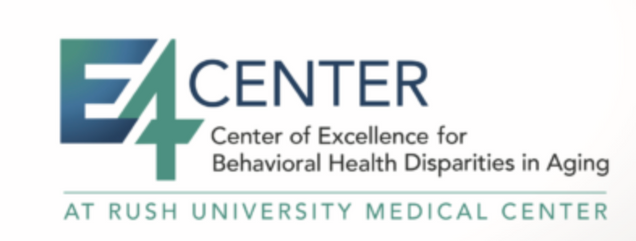Setting Aside Judgments
Imagine the families we work with ALREADY feel diminished hope and judgment for their circumstances. We set aside our judgments and predictions, because it encourages families to do the same.

On Inclusive Language
We have all felt the embarrassment, disrespect, hurt, or awkwardness in response to another person’s word choice. These feelings and experiences can interrupt trust and connection. The behavioral health support you offer centers around building trusting relationships with individuals and their families, and your word choice matters. You convey respect through your language by:
- Using accurate, non-judgmental, and current language
- e.g., “died by suicide” instead of “committed suicide”
- Avoiding inaccurate, judgmental language that hinders recovery
- e.g., “transgender” instead of “transgendered” or “transsexual”
- Remaining active learners about language use as it evolves
On Person-First Language
Person-first language communicates respect to people with mental health and/or substance use challenges by preserving their identities, first and foremost, as people with strengths who have the power to recover (National Federation of Families, 2023).
THE EXCEPTION: the individual with the lived experience of a mental health and/or substance use condition may choose to use non-person-first language to define themselves. For example, a person in recovery from substance use may refer to themself as an “addict” or “alcoholic.” NOTE: This does not imply permission for others to use that terminology.
Guides to Person-First Language
We don’t want to avoid talking about sensitive topics because we don’t know the “right” thing to say. Instead, we remain active learners about WHAT language to use and WHY some language is considered unproductive, inaccurate, or hurtful.
The individuals and families with whom you work are the best resources for language to use or avoid. There are also resources like the National Family Support Technical Assistance Center and the National Institutes of Health that offer evolving guidance on person-centered language for talking about behavioral health and substance use conditions.
Practice Pause: Reviewing Inclusive, Person-First Language
The National Family Support Technical Assistance Center offers a Combined Reframing Language Guide (2023), a compilation of suggested current and accurate language from the organizations listed below, including the African American Behavioral Health Center of Excellence, the National Center to Reframe Aging, E4 Center for Behavioral Health Disparities in Aging, and the Center of Excellence LGBTQ+ Behavioral Health Equity.
![[National Family Technical Assistance Center] logo](/familypartnership/files/2023/03/Screenshot-2023-11-06-at-9.07.53 PM-1024x178.png)
![[African American Behavioral Health Center of Excellence] logo](/familypartnership/files/2023/03/Screenshot-2023-11-06-at-8.53.00 PM.png)
![[Center of Excellence LGBTQ+ Behavioral Health Equity] logo](/familypartnership/files/2023/03/Screenshot-2023-11-06-at-8.53.30 PM-1024x290.png)

Before you proceed to the next Practice Pause, click the link here to access and review the Combined Reframing Language Guide generated by the National Family Support Technical Assistance Center. As you review the language in guide, seek to understand why it is inclusive and person-first.
Practice Pause: Using Inclusive, Person-First Language
Practice Pause: Going Inward
Gather some note-taking materials (e.g., paper/pen, file on your computer). Then, take a few moments to reflect openly and honestly on judgments you’ve made in your thoughts, words, and/or actions about individuals and families with whom you work or have worked.
- On what were your judgments or predictions based?
- What impact did your judgments or predictions have on your relationship with the individual and family?
- What impact did your judgments or predictions have on the quality of support you offered?
- What can you do differently to set aside your judgments?
Your 1-2-3 Summary:
- Be a change agent to shift the behavioral health paradigm toward person-centered partnerships.
- Notice, understand, and let go of your biases and judgments.
- Commit to learning and using inclusive, accurate, and person-centered language.